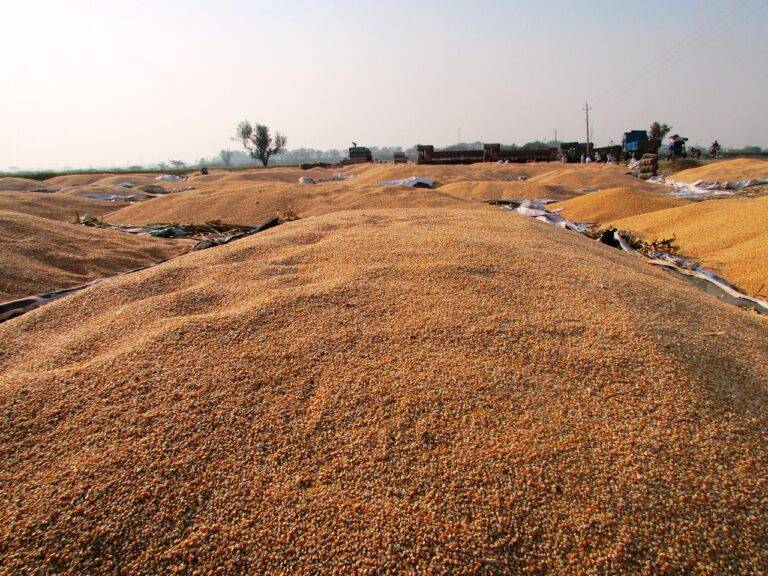Election Campaigning and the Ethics of Voter Fraud Allegations
Voter fraud allegations pose a significant threat to the integrity of democratic processes. When unsubstantiated claims are made, it can undermine public trust in the electoral system and erode the legitimacy of election outcomes. Such allegations can create doubt in the minds of citizens, leading to a sense of disenchantment and skepticism towards the democratic process.
Moreover, the propagation of voter fraud allegations can also fuel divisions within society. Political polarization tends to intensify when accusations of voter fraud are used to delegitimize electoral results. This can further entrench existing political divides and hinder efforts to foster unity and cooperation among citizens. In essence, the impact of voter fraud allegations on democracy extends beyond mere claims, as it can have far-reaching consequences for the functioning of a democratic society.
Understanding the Role of Social Media in Election Campaigns
In today’s digital age, social media has become an integral part of election campaigns, revolutionizing the way politicians connect with voters. Platforms like Facebook, Twitter, and Instagram offer politicians a direct line of communication with the electorate, allowing them to share their message and engage with supporters in real-time.
The power of social media lies in its ability to reach a vast audience quickly and cost-effectively. Politicians can tailor their messages to specific demographics, target key swing voters, and mobilize their base with just a few clicks. This level of targeted outreach has the potential to sway public opinion and influence voting behavior, making social media a formidable tool in the modern political landscape.
Ethical Considerations in Spreading Voter Fraud Claims
Spreading voter fraud claims can have far-reaching consequences on the integrity of democratic processes. It is crucial to approach such allegations with caution and responsibility, considering the potential impact they may have on public perception and trust in the electoral system. Without concrete evidence to support such claims, spreading misinformation can undermine the very foundation of a fair and transparent electoral process.
Moreover, ethical considerations must also take into account the role of the media and public figures in disseminating voter fraud allegations. It is essential to uphold ethical standards in reporting and sharing information, ensuring that accurate and verified information is prioritized over sensationalism or political agendas. In a time where misinformation spreads rapidly through social media and other platforms, it is imperative to uphold ethical principles to safeguard the credibility of the electoral process.
What impact do voter fraud allegations have on democracy?
Voter fraud allegations can undermine trust in the electoral process and damage the legitimacy of election outcomes, which is harmful to democracy.
How does social media play a role in spreading voter fraud claims during election campaigns?
Social media platforms can amplify voter fraud claims and misinformation, reaching a wide audience quickly and potentially influencing public opinion.
What ethical considerations should be taken into account when spreading voter fraud claims?
It is important to verify the accuracy of voter fraud claims before spreading them, consider the potential consequences of sharing misinformation, and prioritize the integrity of the electoral process.







